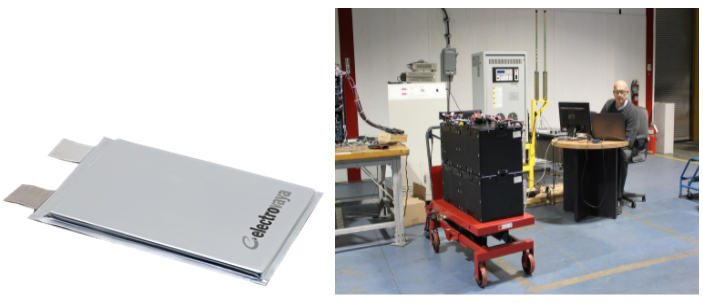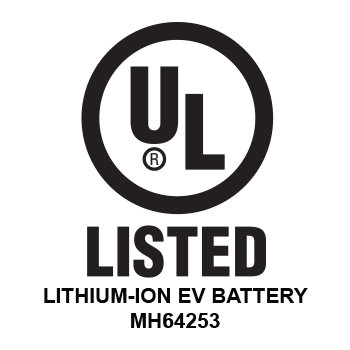While the initial capital investment of Electrovaya’s forklift lithium ion batteries (LIBs) appears to be high in comparison to lead acid batteries (LABs), a positive return on investment could be observed as early as the second year. Factoring in an equipment lifetime of up to 10 years, the total cost savings behind adopting LIBs could be immense especially for a large fleet.
For heavy duty users, typically characterized by a 24/7 work structure such as a Walmart distribution center, forklift vehicles undergo multiple LAB changes a day in an effort to meet productivity requirements. Using an example of a 100-forklift fleet, up to 200-300 LABs could be swapped on a daily basis, requiring significant resources and labor time as well as a suitable battery changing room to manage these exchanges. In the case of Electrovaya’s LIBs, there is and has been no need for battery swapping or a battery changing room as (fast) charging is done during opportunity breaks such as lunch/coffee breaks, washroom breaks, and shift change-overs. This battery changing operation bears a heavy cost and for this reason, is arguably the most important factor in driving the migration of LABs to LIBs. Furthermore, Electrovaya’s LIBs are capable of achieving full charge in under one hour and on a single charge will move more pallets than LABs.
Given LIBs inherently higher efficiency over LABs, there is less electricity consumed when charging to a full state due to less energy loss. Additionally, LIBs do not require any equalizing charges, a maintenance practice performed on LABs to overcharge and rejuvenate its capacity. Both of these factors, combined with the long runtime of Electrovaya’s LIBs, result in major utility cost savings.
While economical on day one of implementation, LABs require regular and frequent servicing including battery washing, watering, and changing equipment maintenance. These routine tasks are not present for Electrovaya’s LIBs, which only require minimal maintenance consisting of an annual inspection of the equipment.
Overall, the savings in productivity, energy, and maintenance cost all contribute to a substantially lower cost of ownership of Electrovaya’s LIBs over LABs.




